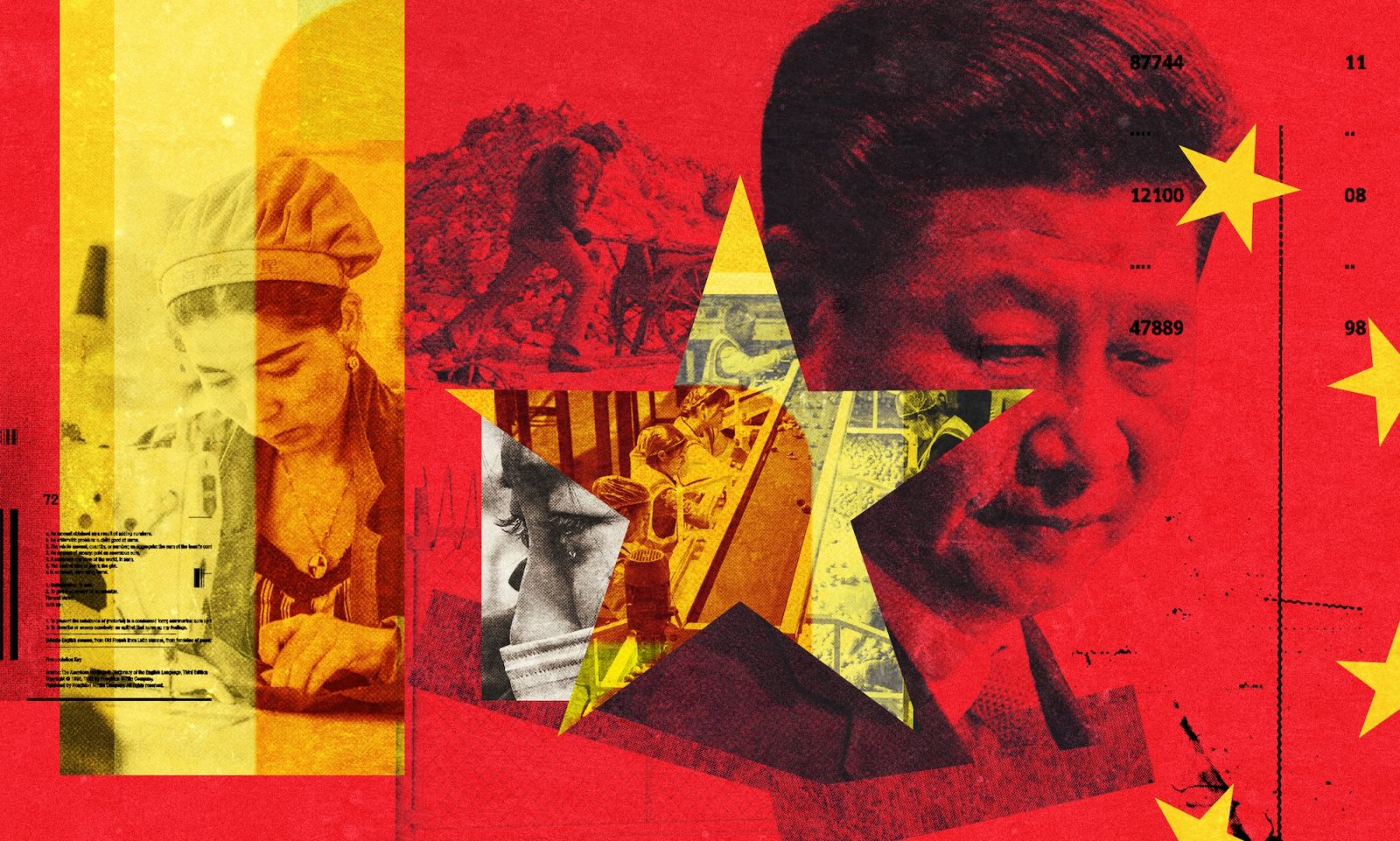A major investigation by The Bureau of Investigative Journalism reveals that China’s economic machine relies heavily on the forced labour of Uyghurs and other ethnic minorities from East Turkistan. The report, titled "China’s economy runs on Uyghur forced labour," uncovers how over 100 global brands—including Tesla, Samsung, and Midea—are linked to a systematic scheme that relocates ethnic workers thousands of miles from their homeland to work under coercive conditions in Chinese factories.
These are not ordinary job placements. The system is deeply coercive and political. Workers are often transferred under government pressure, monitored, and cut off from family and community. The International Labour Organization (ILO) classifies this model as state-imposed forced labour, emphasizing that coercion is embedded in the structure itself. As researcher Adrian Zenz notes, “The coercion is systemic, built into the system. The very notion of choice becomes highly questionable.”

New policies introduced in recent years have moved away from mass internment toward institutionalising labour transfers. Under Xinjiang's current five-year plan, all able members of ethnic minority households are required to work, a sharp shift from earlier policies that involved only one family member. Between 2021 and 2025, the Chinese government aims to transfer 13.75 million people, primarily within Xinjiang, supported by real-time digital monitoring systems that track income, household status, and compliance.
Uyghur lawyer Rayhan Asat points out that repression extends far beyond labour: Uyghurs, despite being less than 1% of China’s population, account for 34% of all incarcerations. Many are sentenced without trial or legal counsel. Meanwhile, Beijing has razed thousands of mosques, seized farmland, and relocated populations into state-managed housing near sprawling industrial zones.
To eliminate resistance to forced transfers, the state has institutionalised care for children and the elderly, centralized livestock and land management, and sent teams of Communist Party officials to visit homes regularly, sometimes with harrowing emotional impact. One such visit, recorded by the BBC, reduced a 19-year-old girl to tears as officials coerced her into accepting relocation.
Despite government denials—such as the Chinese embassy calling forced labour “vicious lies”—evidence from academic studies, human rights groups, and state documents paints a starkly different picture. One 2016 study found 85% of surveyed villagers near Kashgar opposed being sent for work outside their communities. Researchers acknowledge that labour quotas often lead to forced transfers, not voluntary migration.
In this context, seemingly benign recruitment events or smiling portraits in state media obscure a deeper reality: an ethnic group’s economic, cultural, and personal agency is being systematically erased under the banner of “poverty alleviation” and “development.”
As one video clip shows, a Uyghur woman in a poultry plant quietly films her work area, overlaying a poem:
"My many sorrows overflow, uncontained.
But to the world I am lighthearted, companioned with laughter.
I am bait for my silence, quietly.
Nobody is aware, and they shall never be."
The investigation was reported by Daniel Murphy, with desk editing by Frankie Goodway, overall editing by Franz Wild, fact-checking by Ero Partsakoulaki, video editing by Oliver Kemp, and illustrations by Marta Kochanek. Some visuals are sourced from the Xinjiang Police Files.
This project was supported by the Pulitzer Center and the Fund for Investigative Journalism, with no influence from funders on editorial output.


